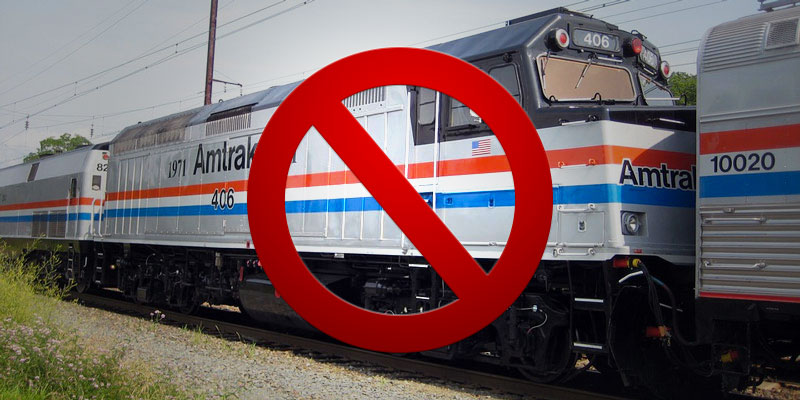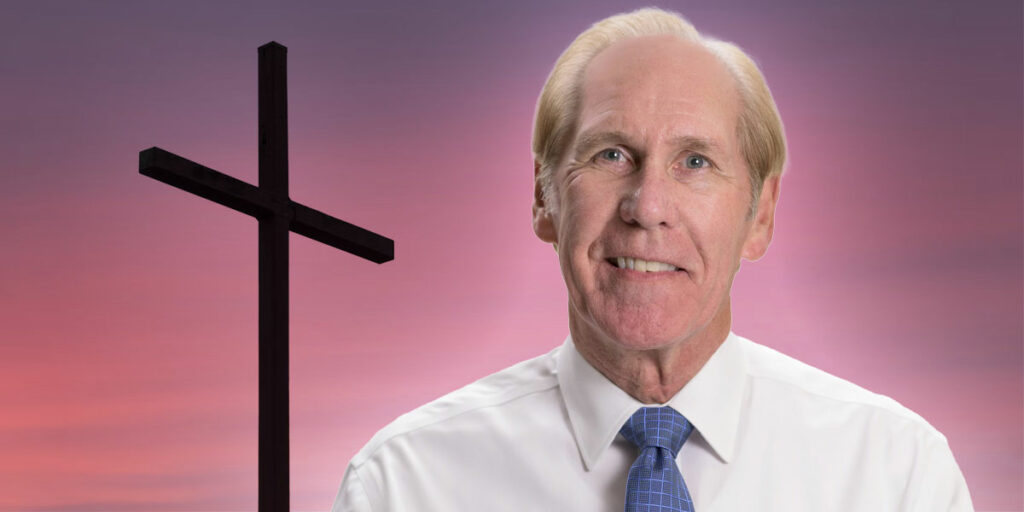There is no shame in being the first to try out a new idea that ends up failing.
There is great shame, however, in politicians wasting hard-earned tax dollars on an idea that has been tried and failed repeatedly. Unfortunately, the latter scenario is playing out right now on the Gulf Coast.
The Southern Rail Commission – an Interstate Rail Compact authorized by Congress – is actively working to revive an old Amtrak service that was suspended after Hurricane Katrina. Travelers preferred other modes of transportation to the passenger train, and it was decided that wasting even more scarce public dollars on restoring the passenger rail service did not make sense.
But lack of interest in that old train service – and the failures of numerous other passenger rail lines throughout the country over the years, such as the Hoosier Line in Indiana – has not deterred the SRC. Their proposal, also known as the Gulf Coast Rail Project, includes two daily round trip trains running between New Orleans and Mobile with stops in Bay St. Louis, Gulfport, Biloxi and Pascagoula.
The SRC claims the price tag for this undertaking is $65.9 million in capital costs, though this amount only covers the rail’s initial studies and minor projects. When rail infrastructure projects, and long term operational and maintenance costs are included, it will likely end up costing taxpayers much more.
So far, the SRC has secured roughly $60 million, with the Federal Railroad Administration flushing away $33 million from federal taxpayers, big-spending Louisiana Governor John Bel Edwards promising $10 million from Louisiana taxpayers, and the Mississippi Department of Transportation handing over almost $16 million from Mississippi taxpayers.
Alabama Governor Kay Ivey remains the hold out on funding. And for good reason.
For one, as was the case with the old Amtrak service running along the Gulf Coast, this project will surely turn out to be a terrible deal for taxpayers. “Amtrak’s business model is to lose money,” explains Dr. Jameson Taylor, director of Policy at the Mississippi Center for Public Policy. “Amtrak has never made a profit since its inception in 1970.”
Indeed, over the years, Amtrak has received $46 billion in federal subsidies and it loses money on basically all of its routes. In light of this trend and past experience on the Gulf Coast, there is no reason to think the Gulf Coast Rail Project will turn out differently. Buttressing this point, in its own study, Amtrak projected that the Gulf Coast Rail Project would attract just 26 riders per train.
Making matters worse, the Gulf Coast Rail Project would also interfere with jobs and industries along the coast. That is because freight trains currently carry many materials and products along the same line that the proposed passenger rail would use.
As things currently stand, this line is already very congested. Adding two daily round trip passenger trains to this line – which means four one-way trains each day – would cause these freight trains to experience frequent delays, especially because federal law requires passenger rail to take priority to freight trains.
Such interference with existing operations will result in delays, create unreliable supply chains, and could even cause transportation costs for the industries that rely on freight rail service to increase.
Taxpayer-funded trains are a tried and failed experiment. There is no justification for pouring millions of limited tax dollars into the Gulf Coast Rail Project, particularly when there are plenty of other transportation options available and private sector industries, jobs, and wages could be jeopardized.
Grover Norquist is president of Americans for Tax Reform (ATR), a taxpayer advocacy group he founded in 1985 at President Reagan’s request. ATR works to limit the size and cost of government and opposes higher taxes at the federal, state, and local levels and supports tax reform that moves towards taxing consumed income one time at one rate.













